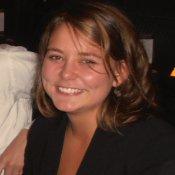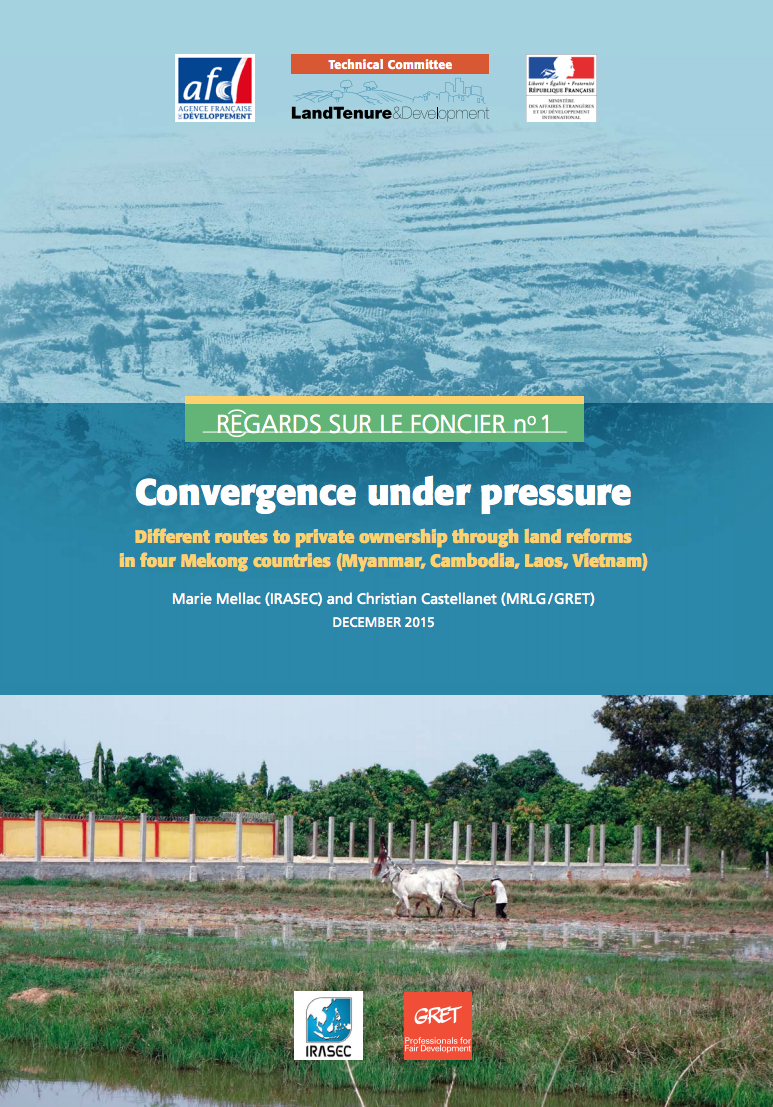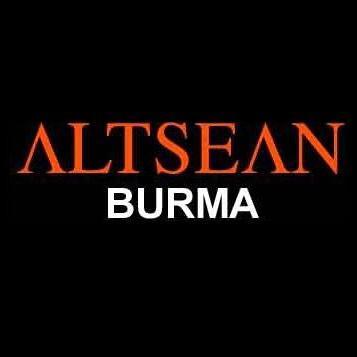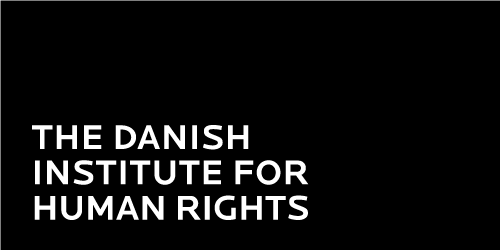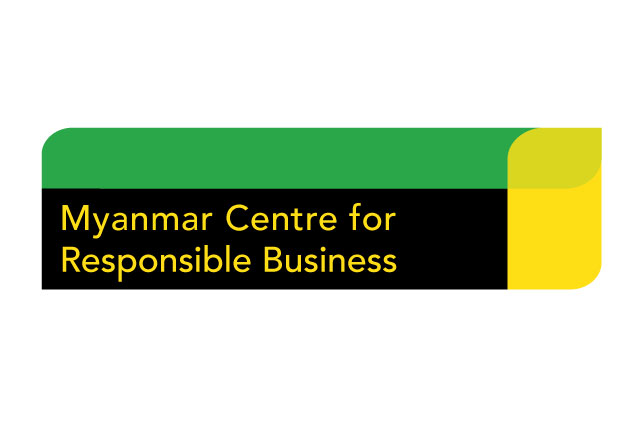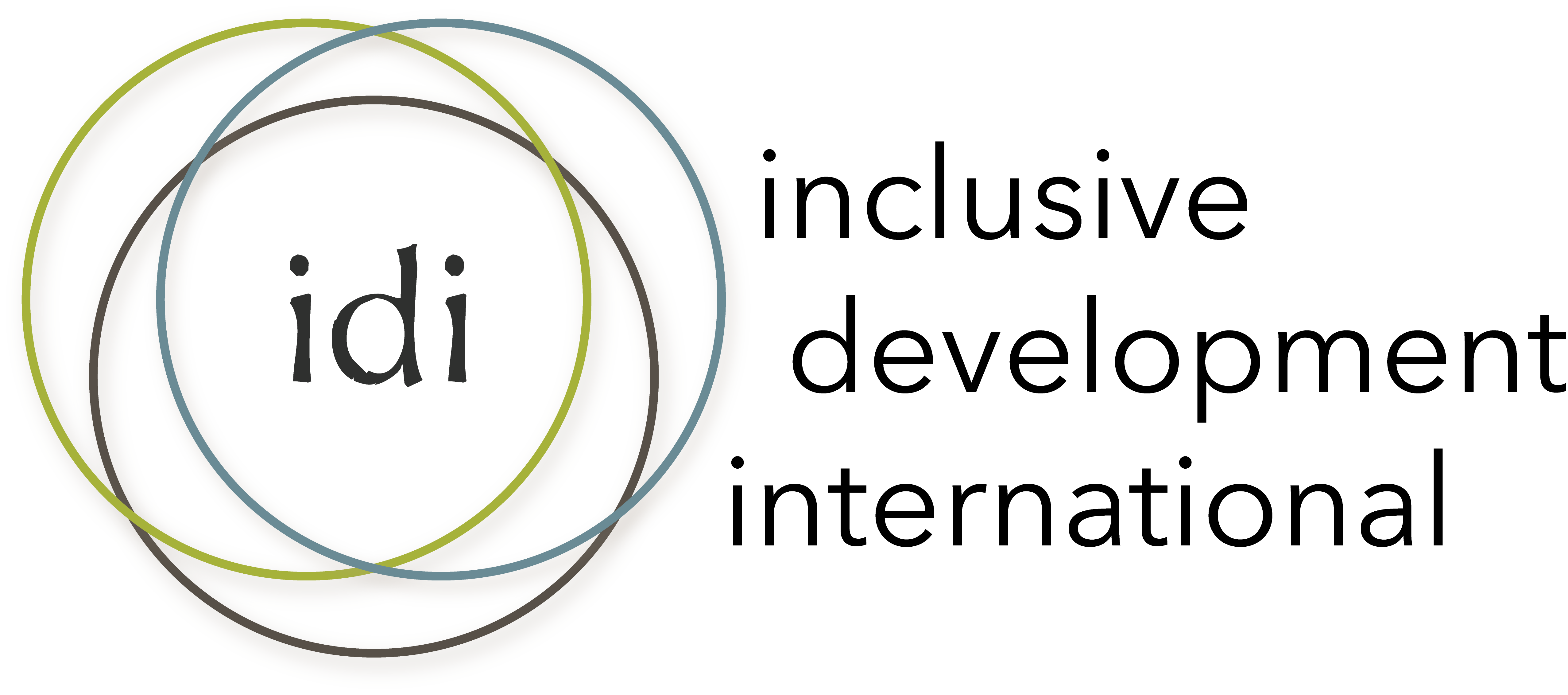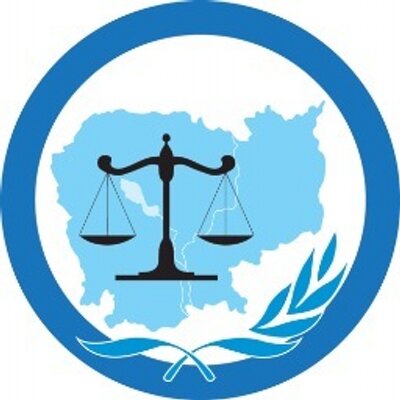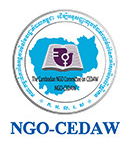Details
Location
Contributions
Displaying 1491 - 1500 of 2403Custodians of the land, defenders of our future
Since 2009, Oxfam and others have been raising the alarm about a great global land rush. Millions of hectares of land have been acquired by investors to meet rising demand for food and biofuels, or for speculation. This often happens at the expense of those who need the land most and are best placed to protect it: farmers, pastoralists, forest-dependent people, fisherfolk, and indigenous peoples.
Convergence under pressure
All four countries in continental South-East Asia featured in this paper (Myanmar, Cambodia, Laos and Vietnam) are experiencing land conflicts that could potentially destabilise their governments.1 Thailand is in a similar situation in many respects, as it has faced mounting tensions over land tenure since the 1990s (Hall et al., 2011). These conflicts are escalating, sometimes violent, and are attracting more and more attention from the media. They have mobilized numerous local and international NGOs, and often triggered the development of an increasingly visible national civil society.
Forest Peoples Land Rights Network (LandNet)
Officially formed in April 2013, The Forest Peoples Land Rights Network (LandNet) is a ‘member network established under the principles of volunteerism, democracy, cooperation and unification in order to manage and utilize efficiently land and forestry resources for self-sustaining livelihoods’. LandNet is a highly participatory bottom-up network originating from the grassroots work facilitated by CIRUM and its Alliance partners over the last two decades.
Alternative ASEAN Network on Burma
ALTSEAN-Burma (Alternative ASEAN Network on Burma) is a network of organizations and individuals based in ASEAN member states working to support the movement for human rights and democracy in Burma. The network is comprised of human rights & social justice NGOs, political parties, think tanks, academics, journalists and student activists. We were formed at the conclusion of the Alternative ASEAN Meeting on Burma held at Chulalongkorn University, Bangkok, in October 1996.
Danish Institute for Human Rights
The Danish Institute for Human Rights is an independent state-funded institution. Our mandate is to promote and protect human rights and equal treatment in Denmark and abroad.
Myanmar Center for Responsible Business
The Myanmar Centre for Responsible Business is an initiative to encourage responsible business activities throughout Myanmar. The Centre is a joint initiative of the Institute for Human Rights and Business (IHRB) and the Danish Institute for Human Rights (DIHR).
Mercy Corps
Mercy Corps is a leading global organisation powered by the belief that a better world is possible. In disaster, in hardship, in more than 40 countries around the world, we partner to put bold solutions into action—helping people triumph over adversity and build stronger communities from within. Now, and for the future.
Inclusive Development International
Every year millions of people are displaced from their homes, lands and livelihoods in the name of development.
Disenfranchised from decision-making, poor and marginalized communities are forced to shoulder the costs of development and are thrust into deeper poverty. This crisis is fueled by unaccountable political and economic institutions that promote harmful investment, trade and development projects that fail to safeguard people’s rights, preserve common resources and distribute benefits equitably.
Equitable Cambodia
Equitable Cambodia was formed out of the localization of the international solidarity organization Bridges Across Borders Cambodia (BABC) and was registered as a Cambodian national non-governmental organization in March 2012.
Cambodian NGO Committee on CEDAW
1. Vision
NGO-CEDAW envisions a Cambodian society in which both men and women fully realize and enjoy their human rights. We strive for: substantive equality for men and women in all fields; no gender-based discrimination; social justice; universal access to justice and education; and fair, sustainable economic development.
2. Goals

